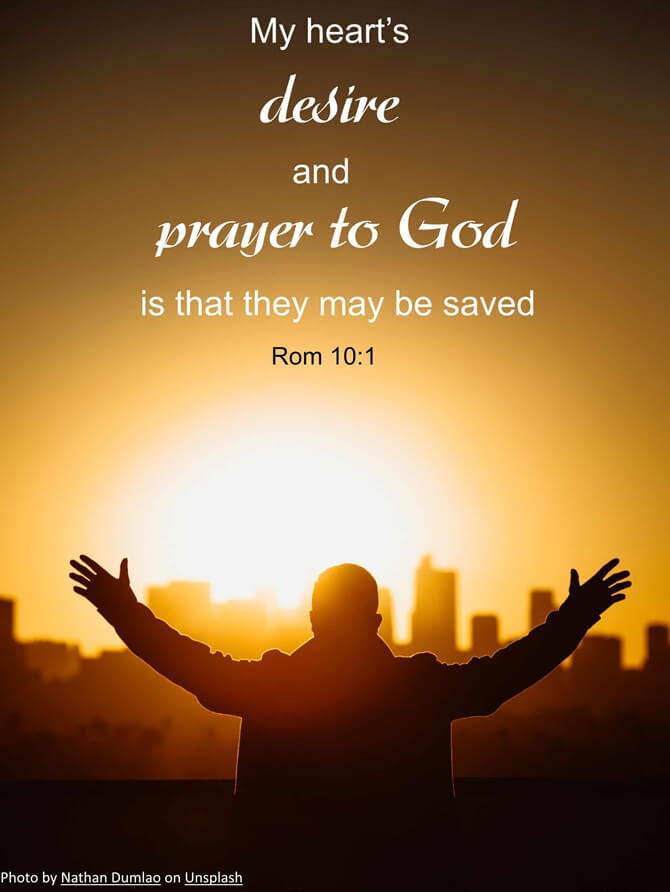The previous post, Well Done, was about the value God places on our desires. Following on from that, how important is the ‘desire circle’ in prayer? And can it guard our praying from becoming ‘head without heart’?
I mentioned about Israel’s first temple: David didn’t build it or live to see it happen, but he drew a ‘well done’ from the Lord because his heart hosted God’s desire for it. In Psalm 132, the psalmist (probably Solomon) elaborates on this.
Desire OF GOD
The One enthroned in heaven, and present everywhere, desired a dwelling place in Zion, an earthly residential address*. The temple would be his resting place, but definitely not a house of inactivity; from there, he would bless, satisfy, save, establish David’s line and shame his enemies (13-18). *[It’s impossible to mention this without celebrating the amazing reality it pointed to: us, his living temple, his desired dwelling place!]
Desire WITH GOD
The Lord’s desire for a dwelling place wasn’t of casual interest to David, something he occasionally thought of. He absorbed God’s desire, and it reshaped the way he lived (2-5). The desire was owned by God, but he shared it with a man whose heart was set on desiring WITH him (1 Sam 13:14).
Praying God’s desire 
The psalmist re-tells the moving of the Ark from Judah’s fields to Zion’s tabernacle and finally, into the temple’s Most Holy Place. Then he prays: Arise and come to your resting place (8-9, the same words Solomon prayed at the temple’s dedication). He prays for what he knows is God’s desire for the nation.
God shares his desires with us in order to shape ours. We pray them back to him, not as unimpassioned prayer point, but with feeling, our desires agreeing with his. That’s the ‘desire circle’. In prayer, we carry the Lord’s desires back to him. Our desires can’t match the strength of his, but they should be an echo of his.
Ongoing conversations with the Lord about himself and about needs is part of our pray always lifestyle. But in our focused, or ‘set’ prayer times (including corporate prayer), it is important that we make space for the desire circle. Otherwise, our praying can be a reaction to needs more than a response to God’s desires. And it can become an exercise of the head that excludes the heart.
The Lord’s desires have within them his joy at their fulfilment. By shaping our praying from and towards a desire of his, we are drawn into his joy about the answer we are asking for.
Follow the desire circle in praying from Rom 10:1
Brothers and sisters, my heart’s desire and prayer to God for the Israelites is that they may be saved.
- Praying our desire FOR GOD is a good starting point in the desire circle. Admiring the Lord, and voicing our appetite for him, sensitises us to what he wants, what pleases and honours him.
- Read Paul’s words again in 10:1, and decide whether your prayer focus will be Israel, or another nation, people group or community. Ponder the desire OF GOD for that nation: that they may be saved. What is your understanding of his desire to save your target nation? Speak to him about that desire of his; what does he want to do in and for them?
- Continue to ponder, speak and sing of the desire OF GOD until it becomes your desire WITH GOD.
- As you ask the Lord for that nation, you are not only voicing a prayer need, but identifying with his heart. You are bringing him a heart’s desire and prayer that they may be saved.




